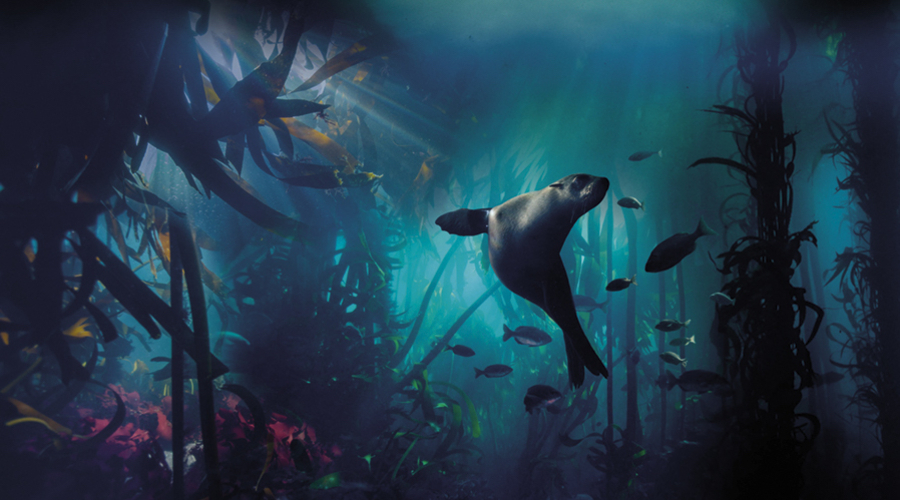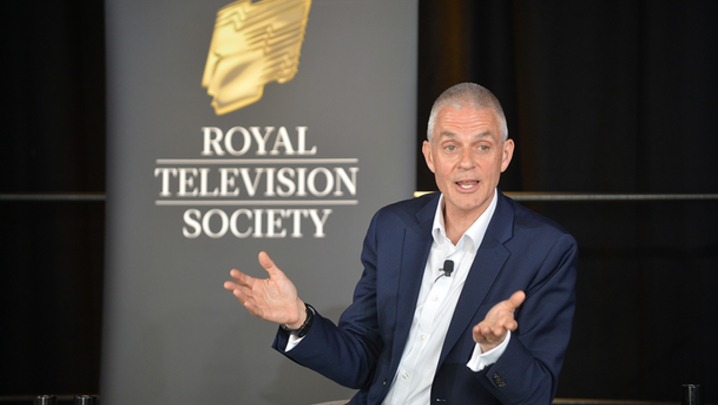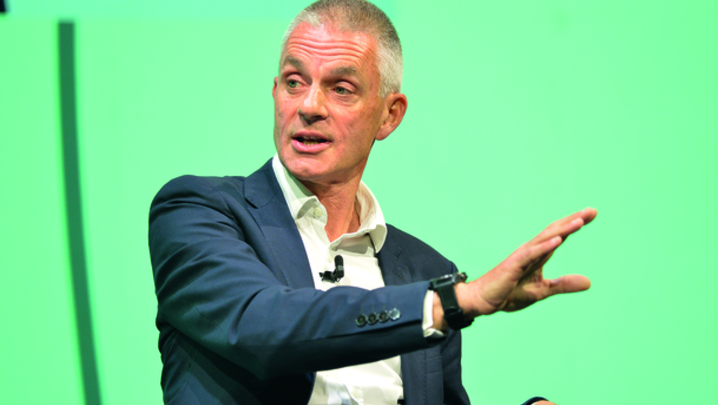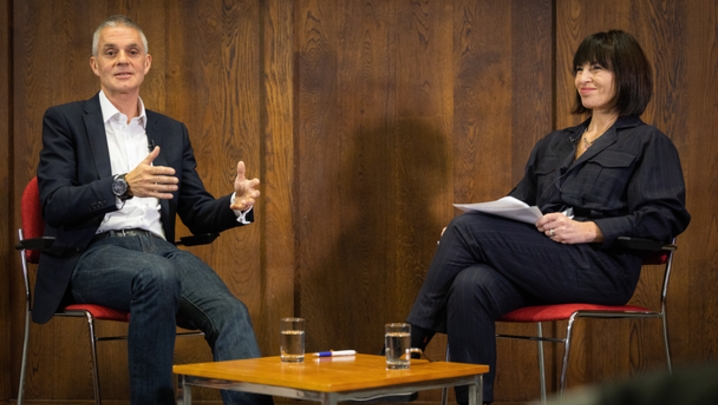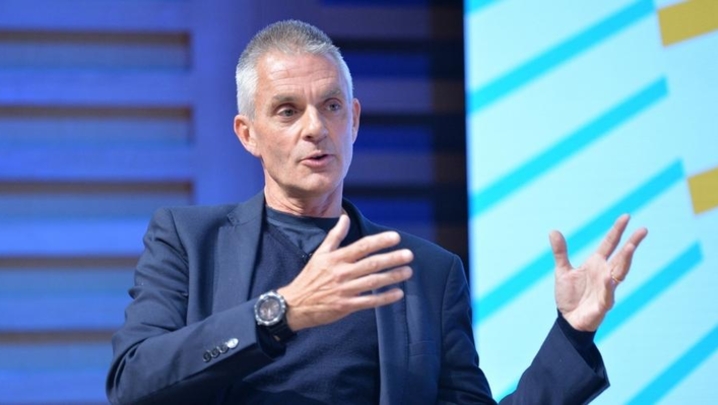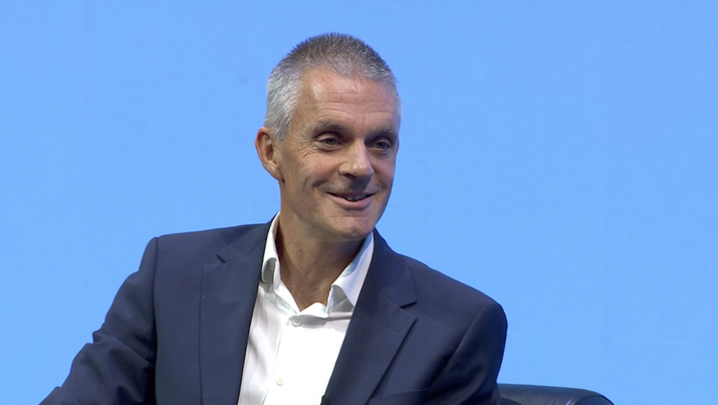Tim Davie and Mark Linsey explain their rationale for merging BBC Studios and BBC Worldwide to Lisa Campbell
It is one year on from one of the biggest and most controversial shake-ups in BBC history – the £400m formation of BBC Studios. Now, the BBC is ruffling feathers again as it merges this recently created commercial production division with BBC Worldwide to create a single company with revenues of £1.4bn.
This classic US-style studio model, with producer and distributor under one roof, is, of course, nothing new in the UK. ITV Studios, All3Media, FremantleMedia and Endemol Shine all produce content, have wholly owned indies, distribute shows globally and take stakes in other companies.
Indeed, as Director-General Tony Hall has pointed out, the deal merely brings the BBC “in line with the industry” and creates a unified business with a single business plan – a means to maximise IP for the benefit of licence-fee payers, and a way to boost exports of British content and thus support the UK creative economy.
So why not do this at the outset, when BBC Studios was first constituted? The answer, according to Mark Linsey, chief creative officer of BBC Studios, was the “huge cultural change” involved in plunging a 50-year-old PSB production division into a competitive global market.
“We had to establish ourselves in that marketplace before we could entertain any sort of merger,” he says. “Anything before that would have been far too much, organisationally and culturally.
“Our people come first and it’s important to make sure that they are creatively in a good place, are more mindful of audiences across the board, and can feel that sense of opportunity as part of a broader BBC group.”
Linsey is sitting alongside Studios CEO Tim Davie in BBC Television Centre. The building is the former home of BBC News but now the HQ of more than 1,000 Studios staff, part of a combined BBC Studios/BBC Worldwide workforce of 3,000.
The pair are palpably excited about the increase in scale and opportunity afforded by the merger. Linsey stresses that the timing is right. Business plans are on track, some 90 awards have been won in the past year and BBC Studios recently announced its first third-party commissions, The Red List, made by the Natural History Unit for Discovery Channel, and Fatberg Autopsy, for Channel 4.
The key... is delivering a content pipeline... of the very best of British creativity
Crucially, they believe the strategy of focusing on hot, “best of British”, premium content will both reap international revenues and serve licence-fee payers with culturally relevant content in an increasingly global TV landscape.
Davie offers Blue Planet II as an illustration of how “increasingly sophisticated global customers are becoming”. More than three-quarters of the series' funding came from on top of the licence fee. The co-production partners included China’s Tencent, alongside the likes of BBC America and France Télévisions.
The first episode won more than 40 million viewers in China. Streaming services, by using the content in ways that went beyond traditional sales and distribution, took the total number of programme views to some 230 million.
“To maximise that opportunity and to secure IP for the BBC, it is no surprise that a vertically integrated company, with a thriving partnership with the indie sector, is a real asset,” he says.
In the UK, the first episode of Blue Planet II attracted 14.1 million viewers, putting it in the top three shows of the past five years (and episodes of the series accounted for the four most-watched programmes in 2017). It has been sold to 233 territories. The US premiere in late January attracted almost 3 million viewers, ranking it in the top five programmes in the 9:00pm time slot across all TV channels.
Creating a raft of new, global hits on the scale of Blue Planet, Doctor Who or Strictly… means that having the right people is paramount.
However, it is not uncommon for rivals to question whether Studios’ chances of success will be hampered by its perceived lack of a strong commercial culture. “People are not used to the cut and thrust, they’ve been cosseted by the system,” says one distribution head.
And the boss of an independent producer wonders: “Does BBC Studios have enough A-list talent? The big brands will carry it for a while but the challenge is creating new ones. Will it be hiring sharp development teams from the indie sector? Will it start collaborating more with the indies it already has stakes in to get commissions?”
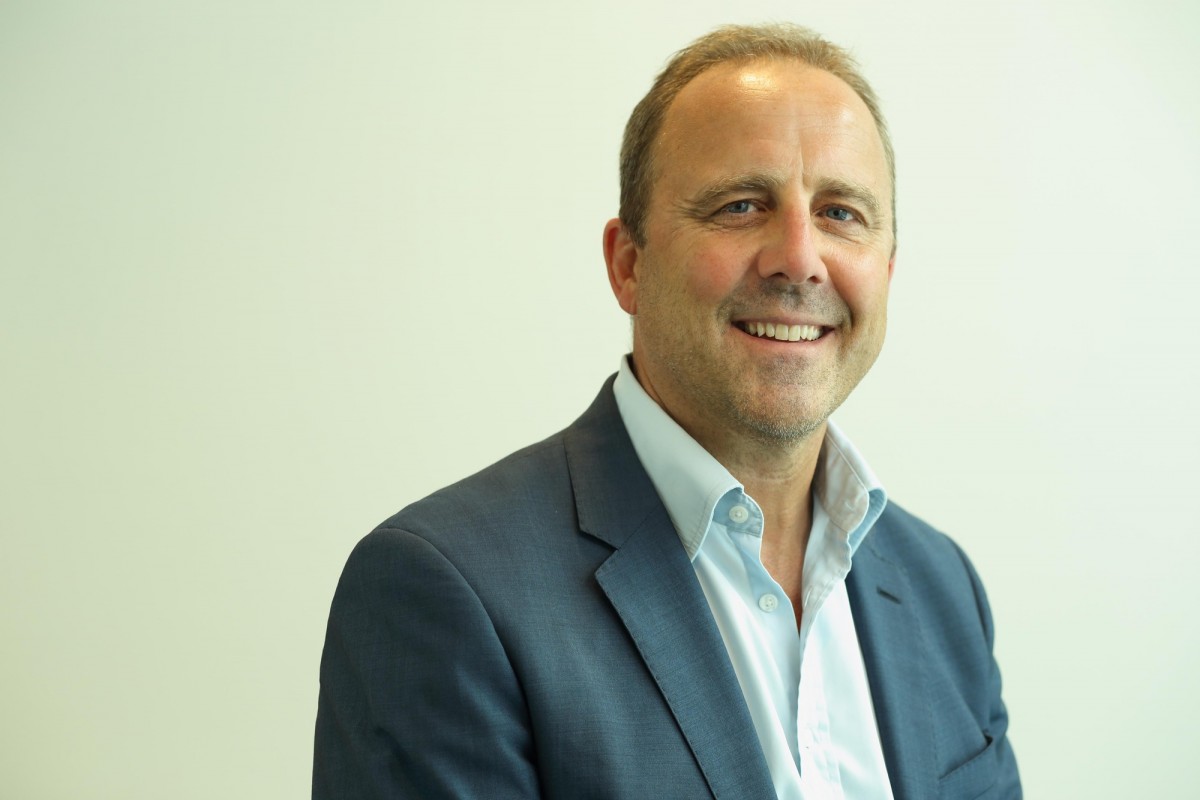
These are questions with which Linsey is familiar. “The structure is still changing,” he says. “We’ve just hired Suzy Lamb in entertainment and Hannah Wyatt in factual entertainment and events and we’re by no means the finished article. I wouldn’t expect to get the team completely finished until two years after Studios’ formation.”
While Davie refuses to rule out further structural change or redundancies – around 300 roles have been lost to date – he confirms that the plan is to “look for efficiencies but it is not the main thrust of the merger. The key metric is delivering a content pipeline that is second to none in terms of the very best of British creativity.”
Meanwhile, Davie’s strategy of investing in indies remains unchanged. Although the company’s 30% stake in Greenbird is being sold to Keshet – apparently unlinked to the merger – its stake in Clerkenwell Films has just been upped from 25% to 48%. Worldwide recently took a stake in Sid Gentle, producer of The Durrells. Further deals are in the offing.
However, some doubters point to a lack of transparency and one questions whether these indies really do enjoy a “unique relationship with the BBC”. Critics highlight a recent meeting organised by Worldwide, attended by Hall and BBC content chief Charlotte Moore, to which only invested indies were invited.
Davie insists that BBC commissioners are focused solely on securing the best ideas, wherever they come from. “If they [aren’t], it all falls down, particularly for the audience, who are sacrosanct in all of this,” adds Linsey.
Another issue, raised by Pact CEO John McVay, is that, with programme-makers and sellers under the same umbrella, the indies that Worldwide has invested in or which use Worldwide as their distributor may be concerned that their ideas could be copied by Studios.
A much bigger cause of consternation, not least with Pact, is that the deal may represent a further blurring of the BBC’s public service and commercial activities. Are licence-fee payers essentially subsidising the BBC’s global commercial ambitions – aims that are not part of its primary purpose? “This latest, further integration is structurally complex and it means that we’re pressing for a full report by the end of year two from the National Audit Office,” says McVay. “We have also stressed the importance of immediate oversight to the BBC Board. Should there be a lack of transparency or hidden subsidies, the remedy might be a fine on the BBC, but that’s no good if small indies have already been squeezed out of the market.”
Davie is adamant that there are very clear processes and that the merger can be managed fairly and successfully: “The dividing line between PSB and commercial entities has always been subject to rigorous fair-trading oversight,” he says. “Nothing will change that.”
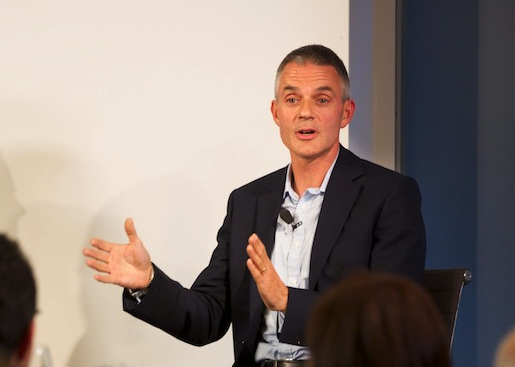
The more fundamental argument put forward by the BBC – that major global players such as Netflix and Amazon are investing vast sums in content but not, primarily, in British content reflecting British lives – is also questioned.
British broadcasters continue to invest predominantly in UK talent and stories. Indeed, in a recent speech, new Channel 4 CEO Alex Mahon said her priority was to invest in programming that reflected a “gritty, urban” Britain in a post-Brexit world.
However, while they may not be going as granular as the Salford secondary school featured in Channel 4’s Educating… strand, the streaming giants are, increasingly, looking for more localised content outside of the US – more and more deals are being struck across Europe.
Pact’s McVay adds: “The BBC’s emphasis on British content sounds anti-Netflix because it is investing in great British talent, too, and creating a healthy mixed global economy. It’s quite jingoistic to focus on ‘pure Britishness’.”
Davie counters: “I can live with accusations of jingoism if it’s about building success overseas. It’s not about one company beating another, it’s about supporting the UK industry.
“‘Best of British’ has never been in more demand and we’re allowed to be proud of that.”
There is also a lot riding on the merger for Davie personally. If the merged entity works, Davie, hailed by his supporters as “a great operator”, could well be a future DG. However, the current climate suggests that there will be some strong female candidates in the mix, too.

